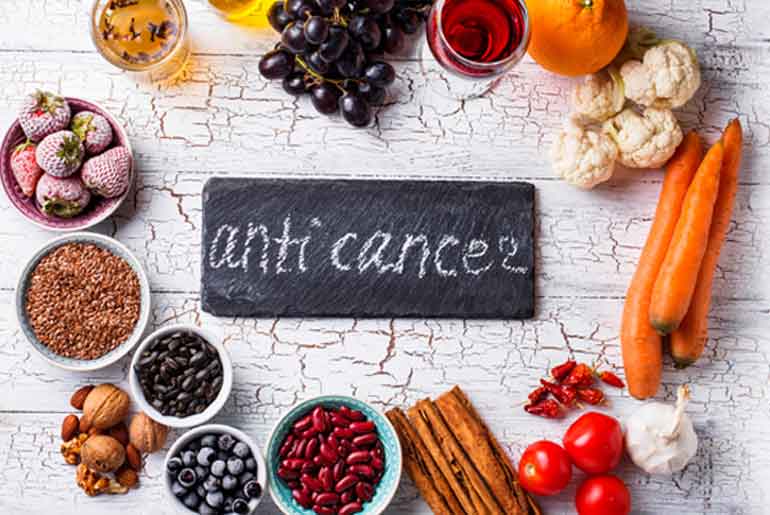The risk of developing cancer is influenced by various factors, with poor diet and a sedentary lifestyle emerging as significant contributors in today’s increasingly inactive society. As our levels of physical activity decline, the importance of maintaining a healthy diet becomes paramount in cancer prevention. A well-balanced diet not only nourishes the body but also bolsters the immune system, providing essential vitamins, minerals, and fiber that can act protectively against cancer.
Although adopting a healthy lifestyle is no foolproof guarantee, it significantly contributes to preventing various malignancies. While no single food can offer complete immunity against cancer, incorporating nutrient-rich options into our daily meals serves as a proactive step in reducing the overall risk. Recognizing the pivotal role of a well-balanced diet in our pursuit of a healthier lifestyle underscores its significance in promoting overall well-being and reducing the likelihood of cancer development.
Adopting a diet rich in these foods can contribute to overall health and potentially lower the risk of certain types of cancers. Here’s a closer look at the mentioned cancer-fighting foods:
1. Turmeric:
Contains curcumin, a potent anti-inflammatory and antioxidant compound. Curcumin has shown potential anticancer properties by inhibiting the growth of cancer cells. Incorporating turmeric into cooking or using supplements can provide health benefits.
2. Leafy Greens (Spinach, Kale, Swiss Chard):
These dark, leafy greens are nutrient-dense, providing vitamins, minerals, and antioxidants that support overall cellular health. They may contribute to cancer prevention by promoting a healthy cellular environment.
3. Fatty Fish (Salmon, Mackerel):
Omega-3 fatty acids, abundant in fatty fish, are associated with a reduced risk of certain cancers, particularly colorectal cancer. Regular consumption of fatty fish can provide anti-inflammatory and protective effects.
4. Garlic:
Contains allicin, a compound with potential anti-cancer effects observed in laboratory studies. Incorporating fresh garlic into meals not only enhances flavor but may also promote health.
5. Cruciferous Vegetables (Broccoli, Cauliflower, Brussels Sprouts):
Rich in antioxidants and phytochemicals, these vegetables are associated with a reduced risk of various cancers, including breast and prostate cancer.
6. Berries (Blueberries, Strawberries, Raspberries):
Packed with antioxidants and vitamins, berries help combat oxidative stress, which is linked to cancer development. They are versatile and can be enjoyed as snacks or added to various dishes.
It’s important to note that while these foods can be part of a cancer-preventive diet, overall lifestyle factors also play a crucial role. A holistic approach to health includes regular exercise, stress management, avoiding tobacco, limiting alcohol consumption, and maintaining a healthy weight.
Additionally, individual dietary needs may vary, and it’s advisable to consult with a healthcare professional or a registered dietitian to create a personalized and balanced nutrition plan based on specific health conditions and goals.
Disclaimer:
The information contained in this article is for educational and informational purposes only and is not intended as a health advice. We would ask you to consult a qualified professional or medical expert to gain additional knowledge before you choose to consume any product or perform any exercise.








